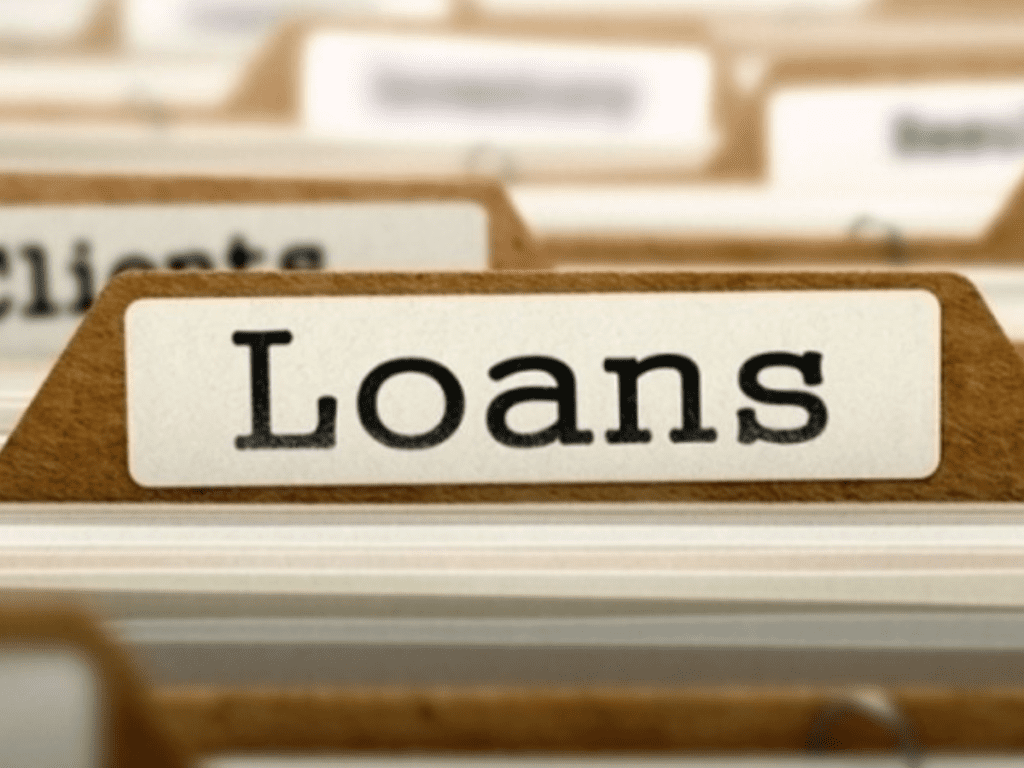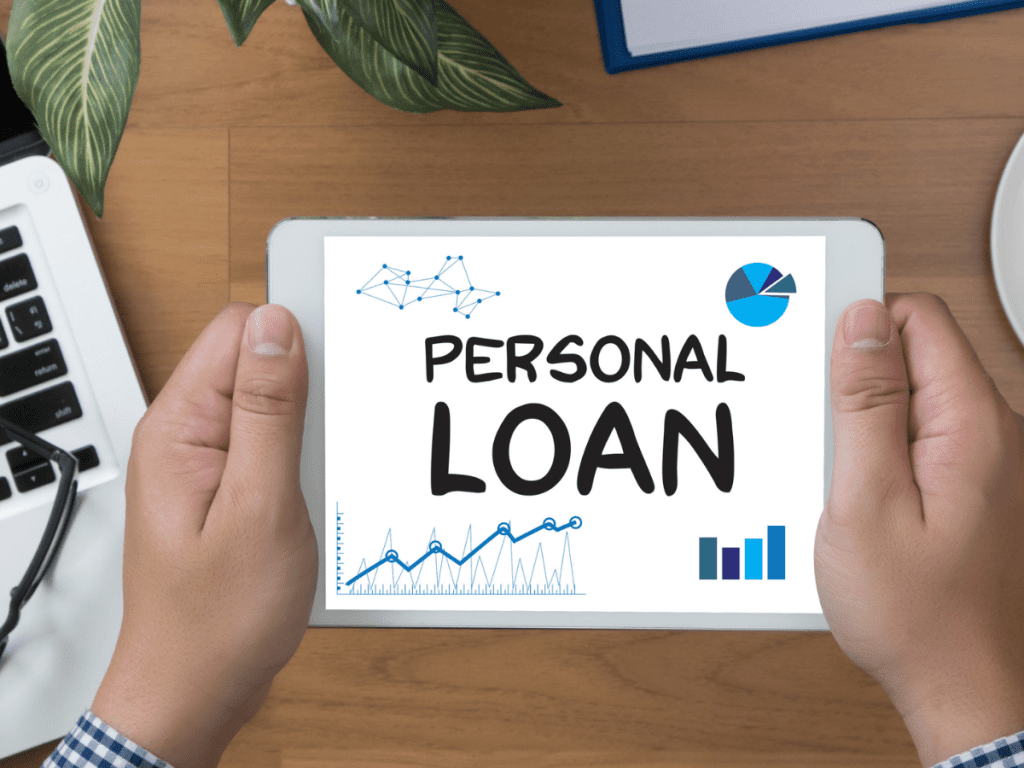Introduction
Personal loans are one of the most common forms of unsecured debt available today. They can offer a lifeline for individuals needing to finance major purchases, consolidate debt, or cover unexpected expenses. However, like any financial product, personal loans come with both advantages and disadvantages that should be carefully considered before making a decision. In this article, we will explore the pros and cons of taking out a personal loan, providing you with the necessary information to make an informed financial decision.
What is a Personal Loan?
A personal loan is a type of unsecured loan that is typically offered by banks, credit unions, and online lenders. It is called “unsecured” because it does not require any collateral, such as your home or car, to secure the loan. Instead, lenders approve personal loans based on your creditworthiness and financial history. These loans usually come with fixed interest rates and a predetermined repayment term, ranging from a few months to several years.
Personal loans can be used for a variety of purposes, including consolidating debt, paying for medical expenses, home improvement, education, or even vacations. However, before applying for a personal loan, it’s essential to understand both the benefits and risks involved.
The Pros of Taking Out a Personal Loan
1. Debt Consolidation
One of the most popular reasons people take out personal loans is to consolidate high-interest debt. If you have multiple credit cards or loans with high interest rates, you may find it difficult to keep up with monthly payments. By consolidating these debts into a single personal loan with a lower interest rate, you can save money on interest and simplify your financial life.
Personal loans generally offer fixed interest rates, which means that your monthly payments will remain predictable over the life of the loan. This can make budgeting easier and reduce the risk of being overwhelmed by fluctuating payments associated with credit cards or variable-rate loans.
2. Lower Interest Rates
Personal loans typically offer lower interest rates than credit cards, which tend to carry high APRs (Annual Percentage Rates). If you have a good credit score, you may be able to secure a personal loan with a significantly lower interest rate than the one attached to your credit card debt. This lower interest rate can help you save money in the long run, especially if you plan to carry the balance for an extended period.
It is important to note that the interest rate you qualify for will depend on your credit score, income, and the lender’s policies. Those with higher credit scores are more likely to receive favorable terms.
3. Fixed Monthly Payments
A key advantage of personal loans is that they usually come with fixed monthly payments. This is different from credit cards, where the monthly payment can vary based on your balance and interest charges. With a fixed-rate personal loan, you will know exactly how much you need to pay each month for the entire loan term, which can make it easier to manage your finances and plan your budget.
The fixed nature of the loan also means that you won’t be subject to the fluctuations of interest rates, as you would with credit cards or some types of variable loans. This stability is beneficial if you prefer predictability and want to avoid surprises.
4. Flexible Loan Amounts and Uses
Personal loans come in various amounts, making them suitable for a wide range of financial needs. You can borrow as little as a few hundred dollars or as much as tens of thousands, depending on your creditworthiness and the lender’s policies. This flexibility allows you to tailor the loan to your specific needs, whether you’re financing a home renovation, paying for medical bills, or consolidating smaller debts.
Furthermore, personal loans can typically be used for any purpose, as long as it isn’t prohibited by the lender (such as illegal activities or gambling). This makes them a versatile option for anyone looking to fund a personal project or emergency expense.
5. Improved Credit Score Potential
When used responsibly, a personal loan can help improve your credit score. For example, if you use the loan to consolidate high-interest credit card debt and then pay off the loan on time, it can lower your overall credit utilization ratio, which can have a positive effect on your credit score. Additionally, making regular, on-time payments on your personal loan demonstrates to credit bureaus that you can handle debt responsibly.
However, it’s important to note that this only applies if you manage the loan properly. Missing payments or accumulating new debt while repaying the loan could negatively impact your credit score.
6. No Collateral Required
Unlike secured loans such as home equity loans or auto loans, personal loans do not require you to put up any collateral. This can make them an appealing choice for people who do not want to risk their assets in order to obtain funding. As long as you meet the lender’s criteria, you can receive a personal loan based solely on your creditworthiness and income, making it an accessible option for many.
The Cons of Taking Out a Personal Loan
1. High-Interest Rates for Those with Poor Credit
While personal loans often offer lower interest rates than credit cards, the rates can still be quite high for individuals with poor credit. If your credit score is below average, you may be offered an interest rate that is higher than what you would find with other forms of financing. In some cases, the rates on personal loans for bad credit can be similar to credit card APRs, making them less cost-effective.
Before applying for a personal loan, it is crucial to check your credit score and understand the interest rates you may be offered. If you have poor credit, you might consider working on improving your score before taking out a loan or exploring other financing options.
2. Fees and Costs
While personal loans may seem like an attractive solution, they often come with a variety of fees and costs. Some lenders charge origination fees for processing the loan, which can range from 1% to 8% of the loan amount. This fee is typically deducted from the loan before it is disbursed to you, meaning you will receive less money than you originally applied for.
Additionally, some lenders may charge prepayment penalties or late fees if you miss a payment or decide to pay off your loan early. It’s essential to carefully review the loan agreement and understand any potential fees or penalties before committing to the loan.
3. Risk of Accumulating More Debt
While personal loans can help consolidate debt, they can also lead to more debt if not managed carefully. If you take out a personal loan to pay off credit card balances and then continue to use those credit cards, you could end up in a worse financial position than you were before. It’s essential to create a budget and avoid adding new debt while repaying your personal loan.
If you are already struggling with managing debt, taking out a personal loan without addressing the underlying spending habits may not be a sustainable solution.
4. Repayment Terms May Be Lengthy
Personal loans often come with repayment terms that can extend for several years. While this may result in lower monthly payments, it also means that you will be paying off the loan for an extended period. In some cases, the total interest paid over the life of the loan can add up significantly, making the loan more expensive than anticipated.
It’s important to consider your ability to repay the loan before committing to a long-term repayment schedule. If you take out a loan with a long repayment term, you may end up paying more in interest over time.
5. Impact on Your Credit Score
While a personal loan can potentially improve your credit score if managed well, it can also negatively impact your credit if you fail to make timely payments or borrow more than you can afford to repay. Missing payments can lead to late fees and an increase in your debt, which could lower your credit score.
Additionally, taking out a personal loan will affect your credit utilization ratio, which is a key factor in your credit score. If you max out your loan or carry a significant balance, it could lead to a decline in your score.
6. Approval and Eligibility Requirements
Personal loans are not guaranteed, and approval is based on factors such as your credit score, income, and debt-to-income ratio. If you have a poor credit history or insufficient income, you may be denied a personal loan or offered less favorable terms. Even if you are approved, you may not qualify for the amount or interest rate you were hoping for.
Before applying, it’s a good idea to assess your financial situation and ensure that you meet the lender’s eligibility requirements.
Conclusion
Personal loans can be a useful financial tool when used responsibly, offering benefits such as debt consolidation, lower interest rates, and fixed monthly payments. However, they are not without their risks. High interest rates for those with poor credit, potential fees, and the possibility of accumulating more debt are important factors to consider before taking out a personal loan.
If you’re thinking about applying for a personal loan, it’s essential to evaluate your financial situation, understand the loan terms, and ensure that you can comfortably manage the repayment. By carefully weighing the pros and cons, you can make a more informed decision and use a personal loan to improve your financial health rather than creating additional challenges.

